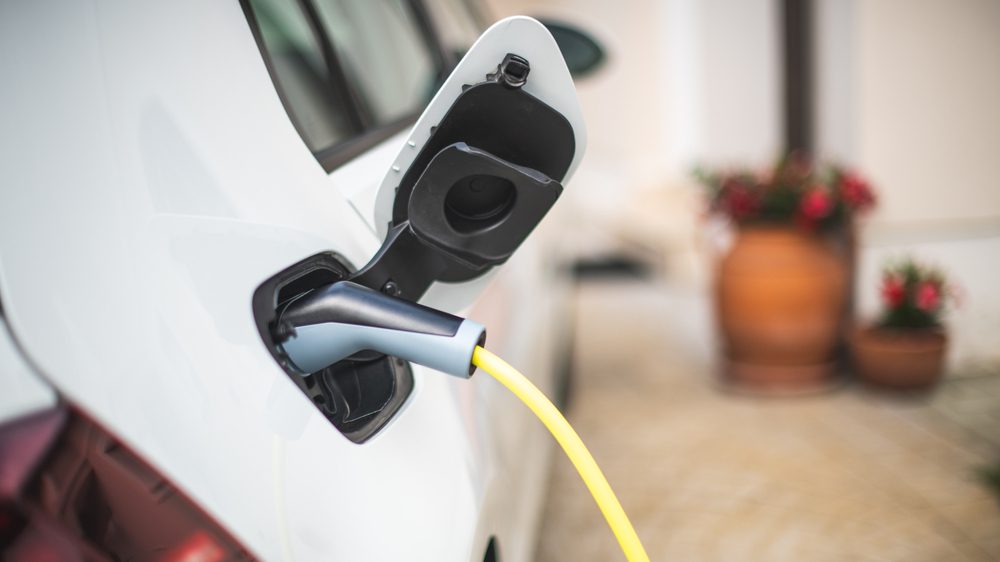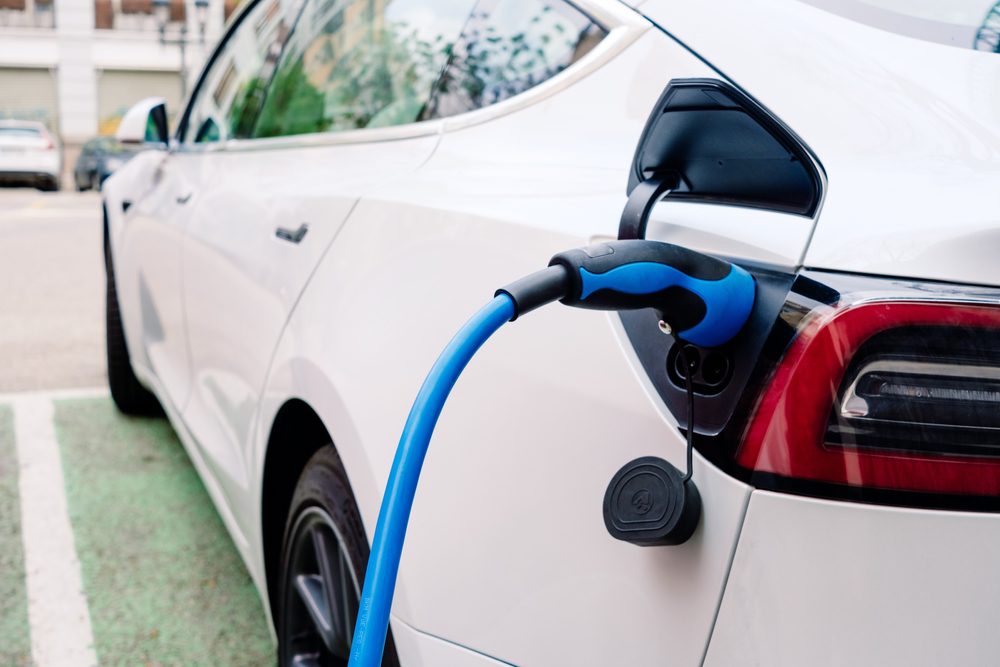
Have you recently purchased an electric car? If so, welcome to the world of electric vehicles. One of the first things any electric vehicle owner needs to consider is how they will charge their new car. There are a few different types of chargers out there, but you can’t just buy one without doing your research. Each charger needs to be paired with the right EV charger outlet. To find out more about these pairings, keep reading. This outline will explore the different types of chargers and the power outlets they work with.
Table of Contents
Electrical Outlet Types and Electric Car Charging
120-Volt Outlets
Most people are already familiar with 120-volt outlets. This is because 120-volt outlets are the standard power outlets you use every day. The most common among 120-volt outlets are the NEMA 5-15 outlet. A NEMA 5-15 outlet has three holes: two vertical openings and a circle underneath.
This is the outlet you are used to seeing around your home. They are what you plug your phone charger into, what your TV is connected to, and what you use just about any time you plug in a new electrical appliance.
240-Volt Outlets
You are likely less used to seeing 240-volt outlets than 120-volt outlets. This is because these are less commonly used. They provide more power than most devices need and are generally only used in situations where high-powered devices are likely to be around.
This type of outlet can be used with electric vehicle (EV) chargers for homes. 240-volt outlets also have a little more variety to them. The most common are the NEMA 14-30, 14-50, and 6-50.

Power Outlets for Electric Car Chargers
There are a few different types of power outlets for electric car chargers. These include both 120-volt and 240-volt outlets.
Level 1
Level 1 chargers line up with 120-volt outlets. Specifically, they are designed to work with the NEMA 5-15 outlet. This makes them incredibly versatile, as most homes already have plenty of these outlets. This means you don’t need local electrical services to install a Level 1 charge. You can simply plug one in, and you are ready to go.
However, these outlets are less powerful than others and don’t charge your car as quickly. An electric car can travel about four miles for every hour it is plugged into a Level 1 charger on one of these outlets.
Read More: Electrical Grounding and Bonding – Applications and Safety
Level 2
Level 2 chargers are more robust and require an equally robust power outlet. This means they require 240-volt outlets. This jump is a necessary part of delivering a sufficient amount of electricity that Level 2 chargers need to operate.
Outlets at this level include the NEMA 14-30, 14-50, 10-30, 10-50, and 6-50. An electric car can travel between 20 to 30 miles for every hour of charging. Outlets that provide more amps are at the higher end of this range, while outlets that provide less are at the lower end.
At both ends of the spectrum, it is apparent that Level 2 chargers present a clear and significant advancement over Level 1 chargers. These chargers are capable of charging around five times as fast at the lower end and nearly eight times as fast at the higher end. This means you can usually trust a Level 2 charger to fully charge an electric vehicle (EV) battery overnight. The same cannot be said for a Level 1 charger.
Since Level 2 chargers require 240-volt outlets, they are not as easy to work with as Level 1 chargers. You may need to hire a professional electrician to receive electric vehicle charger installation services to use a Level 2 charger at home. In addition, you may need to replace your electrical panel.
This is because many electrical panels, especially in older homes, are not designed to provide these levels of power. If you are interested in a Level 2 charger, consider electrical panel replacement alongside your electric vehicle charger installation project.
Level 3
Level 3 chargers are the most advanced of the bunch. An electric car can travel upwards of 180 miles for every hour of charging, making a Level 3 charger a substantial choice.
That said, these chargers come with some significant downsides. For example, you should not use them constantly. Consistently using a Level 3 charger may damage your battery permanently. They are useful for a quick battery refill, but they are not great for everyday use.
If you are in the market for an electric vehicle (EV) charger, you do not have to worry about a Level 3. These chargers are not currently available for home use. Just about every Level 3 charger is located at a public charging station.
Read More: Top 5 Causes of Short Circuits in Homes and Ways to Respond
Electric Vehicle (EV) Charging Amperage
The outlet is not the only thing that matters when charging an electric vehicle. The vehicle itself matters as well. This is because cars are only able to take in a certain amount of power at once. The charger may provide plenty, but if the car cannot handle it, it will be limited by how much it can take. Most EV manufacturers provide this information with the vehicle.
This is why it’s important to read the fine print about your electric vehicle (EV) before you rush into buying the best charger and outlet on the market. You only need a charger that your vehicle is capable of supporting. Otherwise, the wrong charger may cost you and your car.

Electric Vehicle (EV) Charger Installation Services
If you are interested in the potential provided by a Level 2 electric vehicle (EV) charger, you likely need a new power outlet and infrastructure in your home to support it. This means enlisting help from a local electrician on our team to install the right outlets and make any necessary upgrades.
Our team of expert electricians in Clifton, NJ offer dependable electric car charger installation services for homeowners. Our team of certified technicians can provide your home with the EV charging outlet and other infrastructure needed to power your electric vehicle.
We will discuss your options and determine what will work best for your home and vehicle. By the end of this process, you will have exactly what you need for your car. Give our professionals a call at (732) 638-4317 to schedule an electric vehicle (EV) charger installation appointment today.


